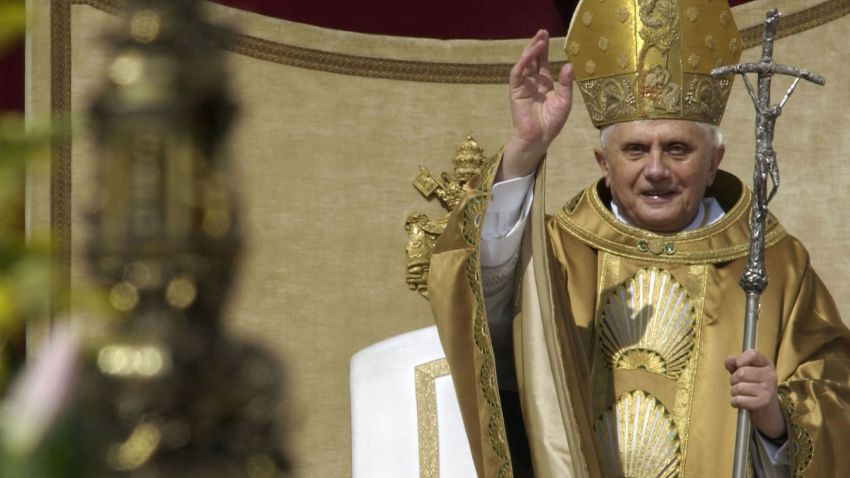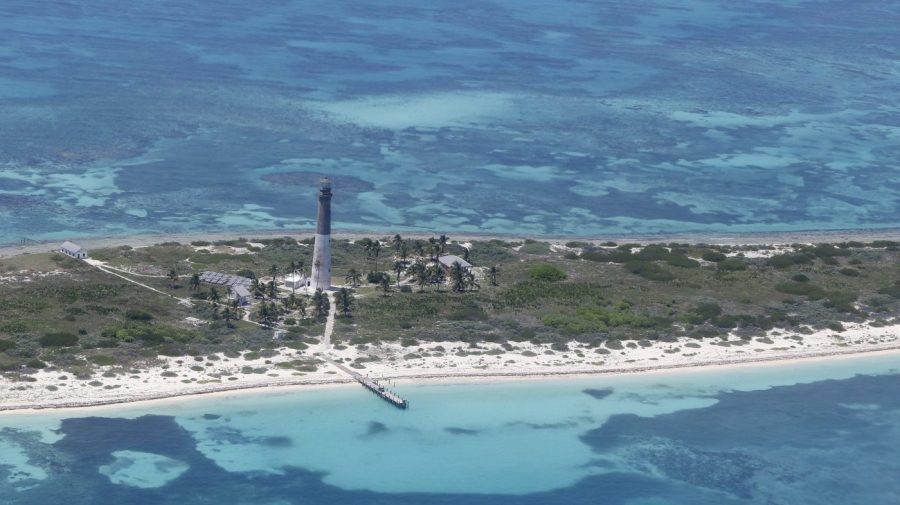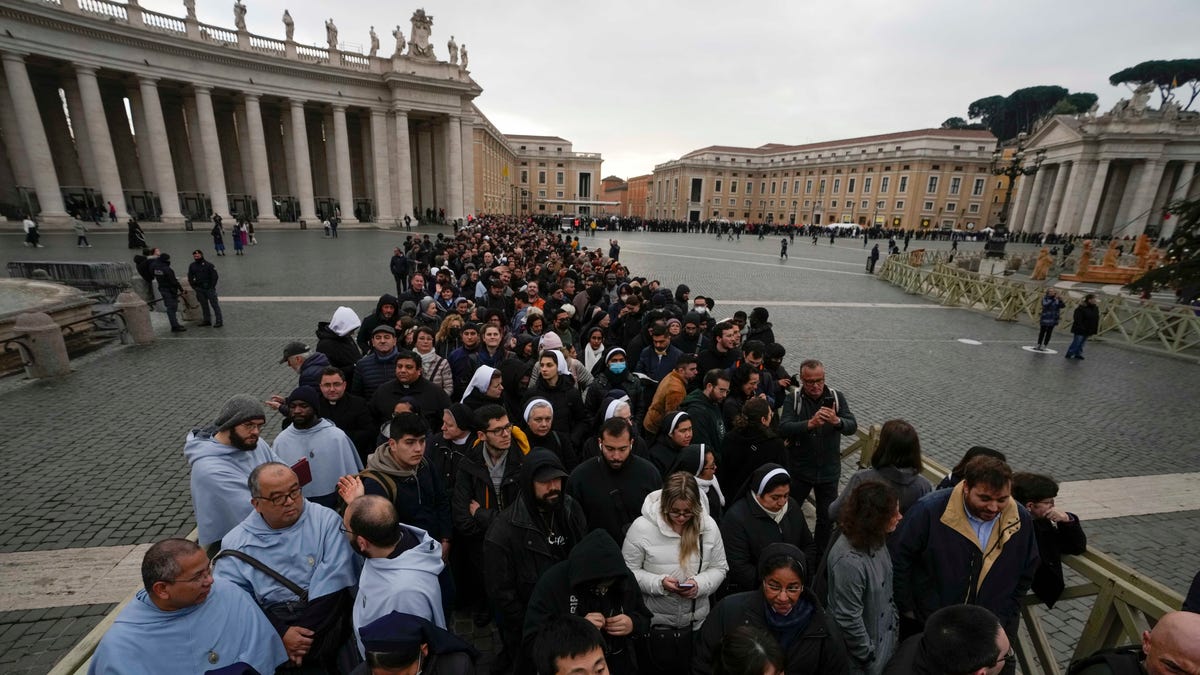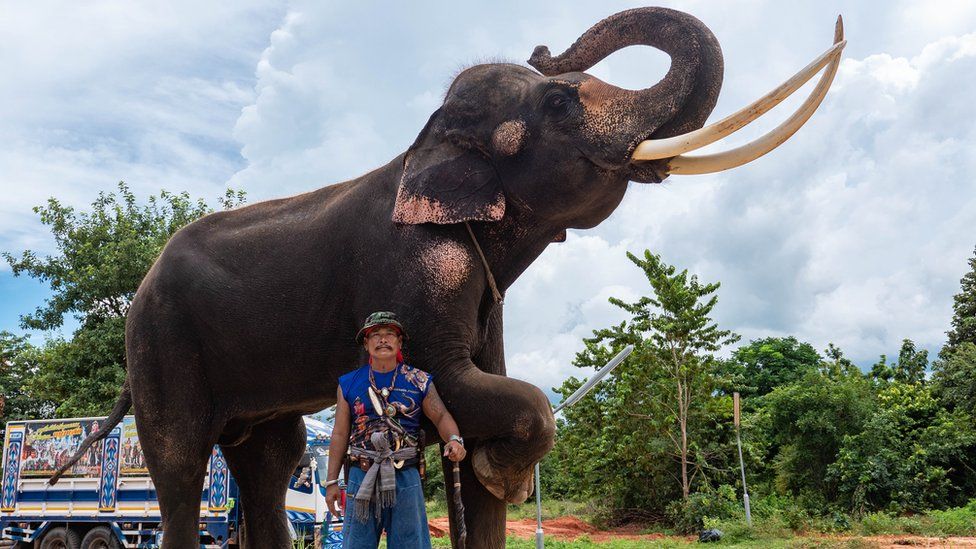BBC News world
Image caption,
For decades, Ukraine’s super-rich businessmen have wielded enormous economic and political power within their home country. However, since the Russian invasion, Ukraine’s most infamous oligarchs have lost billions in revenue.
Has the reign of the Ukrainian oligarchs finally come to an end?
Ukraine’s richest man – 56-year-old Rinat Akhmetov – is for many the epitome of an oligarch.
The son of a coal miner turned self-made billionaire, he is known across Ukraine as “the King of Donbas.”
As well as owning huge swathes of the steel and coal industry in the east, including the Azovstal steelworks which now lies in ruins, he also owns Shakhtar Donetsk FC, one of the country’s best football teams, and until recently one of the country’s main TV channels.
But beyond their extraordinary wealth, Ukraine’s oligarchs are also renowned for wielding political power.
In 2017, London-based think tank Chatham House said they posed “the greatest danger to Ukraine”.
Through a vast network of allies and loyal MPs, Ukraine’s oligarchs have repeatedly influenced the passing of laws for the benefit of their own business empires.
President Volodymyr Zelensky called them “a group of people who think they are more important than lawmakers, government officials or judges”.
But like so many ordinary civilians, since the beginning of the Russian invasion in the east of Ukraine back in 2014, they have had their businesses blown apart by missiles and their properties lost to the Russian occupation.
Many felt that as Ukraine’s richest man Mr Akhmetov should have done more from the very beginning to stamp out separatism fuelled by Russia in his home region.
As Russia’s influence backed by military power spread in Donbas, he told his factories to sound their sirens in protest. He also issued statements critical of the separatists.
Image caption,
But as far as funding and supporting the resistance, he was criticised for taking too little action. Especially when compared to another Ukrainian tycoon, billionaire Ihor Kolomoisky.
In March 2014, he was appointed governor of Dnipropetrovsk Region, south-east Ukraine.
As the conflict escalated, Mr Kolomoisky pumped millions into Ukraine’s volunteer battalions. He offered bounties for capturing Russian-backed militants and supplied the Ukrainian army with fuel.
But then, in 2019, he found himself at loggerheads with President Zelensky’s predecessor, Petro Poroshenko.
Parliament had recently passed a law which resulted in Mr Kolomoisky losing control over an oil company. His response? Turning up at the oil company’s headquarters with men allegedly wielding machine guns.
But as the war ground on in the east, and with the loss of yet more factories, mines and fertile farmland, the demise of Ukraine’s oligarchs was well under way.
The next blow came in late 2021, when Ukraine passed what was known as the “de-oligarchisation bill”.
President Zelensky’s new law defined an oligarch as someone who met three of the following four conditions:
All those who qualified were exposed to extra checks and banned from funding political parties.
To avoid being put on the Zelensky list, Rinat Akhmetov immediately sold all his media assets.
But then came Russia’s dramatic escalation of the conflict – the invasion of Ukraine in February 2022.
The war has only intensified the loss of earnings for Ukraine’s super-rich. But will their demise strengthen Ukraine’s democracy?
“Absolutely,” says Sevgil Musayeva, editor-in-chief of popular news website Ukrainska Pravda. “This war is the beginning of the end for oligarchs in Ukraine.”
“The de-oligarchisation law was one of the first major triggers of their demise,” says Serhiy Leshchenko, formerly one of Ukraine’s most prominent investigative journalists and now adviser to President Zelensky’s chief-of-staff.
“But as the war escalated, it made the oligarchs’ life even more difficult,” he tells the BBC. “They have been forced to focus on survival rather than domestic politics.”
Now, says Ms Musayeva, it is up to Ukraine’s civil society and anti-corruption institutions to prevent the emergence of new oligarchs. And, of course, the very survival of democracy in Ukraine depends on the outcome of the war with Russia.
Produced by Claire Jude Press.














